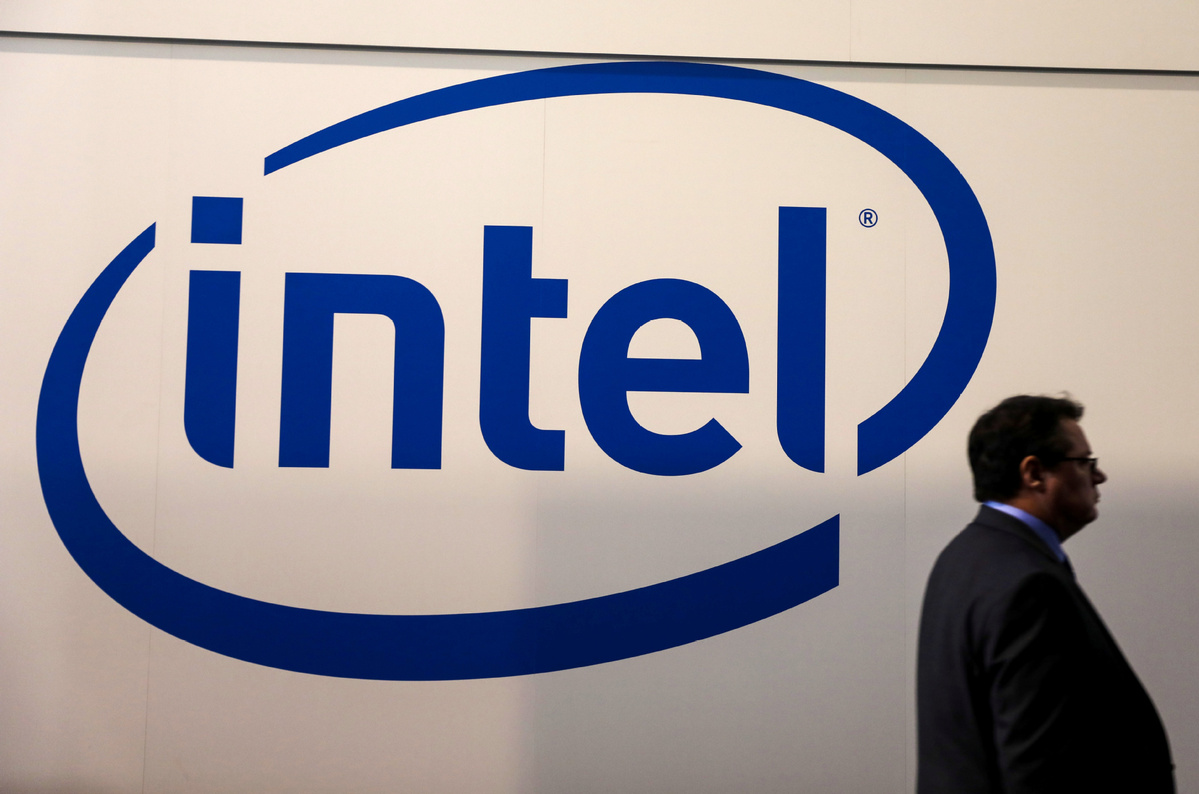Why future CPUs may not have Intel inside


Intel CEO Bob Swan recently said that Intel was planning to outsource its CPU manufacturing operations because future CPUs will be powered by the 7nm chip technology, in which Intel is about 12 months behind.
The announcement, which led to a sharp fall in Intel's share prices on Friday, is seen as the end of an era when Intel and the United States dominated the world of semiconductors.
Why has Intel, once a leader in global PC operation, come to such a pass? It is because it refused to adopt an open and progressive approach. In the 1980s, Microsoft teamed up with Intel to form the "Wintel" alliance, creating a "duopoly" that dominated the global PC market. However, two new trends emerged in the 21st century, to which Intel failed to adapt.
The first was the development of the international division of labor based on specialization in the semiconductor industry. Enterprises that form links in the industrial chain can now increase investment for the development of technologies. Given that the investment in semiconductor equipment is huge, the efficient utilization of this equipment by professional foundry enterprises can avoid high costs.
However, Intel has maintained its entire industrial chain, like what Japanese semiconductor companies did at the time of their fall. Japan's global semiconductor market share has fallen from 49 percent in 1990 to around 5 percent today.
The second trend is that since people entered the mobile internet era, especially after the emergence of smartphones, the PC market's high growth rate has stopped. When Steve Jobs, founder of Apple, first decided to develop the iPhone, he turned to Intel for the chips. But Intel, accustomed to monopolistic dividends, turned him down because it expected to only get limited profit margins. This gave Intel's competitors such as Qualcomm, Samsung and Mediatek a bigger opportunity to dominate the hardware sector in the era of mobile internet.
With the advent of the era of artificial intelligence and the internet of things, intelligent chips will become one of the most widely used items in the future, and a large number of enterprises have begun to enter this phase.
Samsung now remains one of the world's largest consumers of semiconductors, and holds a leading position in the mobile internet sector. However, Intel doesn't have the advantage that Samsung has. Intel does not have large amounts of orders to dilute its high investment in the manufacturing process, while reduced manufacturing investment led to its gradual technological backwardness.
Intel's current situation reminds us that only by following the trend and adhering to a correct market orientation can an enterprise maintain its technological advantage by gaining market profits.


































